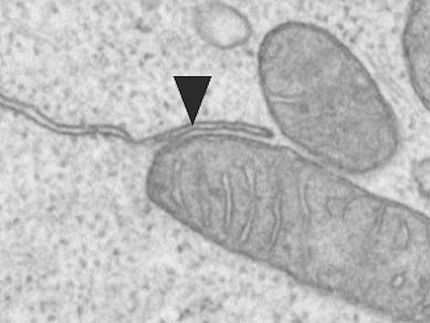Cell Medica announces treatment of first patient in late stage clinical trial of adoptive cell therapy
Cell Medica has announced the treatment of the first patient in its CMV~IMPACT clinical study, a late-stage randomised confirmatory trial aimed at demonstrating the clinical effectiveness of immunoprophylactic adoptive cellular therapy (IMPACT) for the treatment of cytomegalovirus (CMV) infections in immunosuppressed patients.
According to the company, the trial, funded by the Wellcome Trust through a Translation Award to Cell Medica, is an essential step to establish adoptive cell therapy as routine clinical practice for the treatment of patients at high risk of CMV infection following a bone marrow transplant.
The CMV~IMPACT trial will include 110 patients across eleven UK-based hospitals. The Chief Investigator is Dr. Karl Peggs of the UCL Cancer Institute. The trial will be conducted as a randomised, intention-to-treat study and is expected to be completed within two years.
The trial will focus on preventing CMV infections in patients following an allogeneic haematopoietic stem cell (bone marrow) transplant. These are typically leukaemia or lymphoma patients whose immune systems are profoundly compromised during the period of recovery following a bone marrow transplant. Two methods of adoptive cell therapy using CMV-specific memory T cells will be compared to a control arm receiving only conventional antiviral treatment.
Gregg Sando, CEO of Cell Medica, commented: “This trial will not only investigate the clinical effectiveness of adoptive cell therapy to treat infectious diseases, but will also allow us to explore the appropriate procedures and logistics required to enable hospitals to use innovative cell therapies based upon an outsourcing provider such as Cell Medica. The fact that we are now treating patients in a confirmatory study shows that this treatment technique is ready for commercialisation. We are pleased to be working with the Wellcome Trust and a number of the leading clinicians and transplant centres in the UK to validate this novel approach to medical treatment.”
Most read news
Other news from the department research and development

Get the life science industry in your inbox
By submitting this form you agree that LUMITOS AG will send you the newsletter(s) selected above by email. Your data will not be passed on to third parties. Your data will be stored and processed in accordance with our data protection regulations. LUMITOS may contact you by email for the purpose of advertising or market and opinion surveys. You can revoke your consent at any time without giving reasons to LUMITOS AG, Ernst-Augustin-Str. 2, 12489 Berlin, Germany or by e-mail at revoke@lumitos.com with effect for the future. In addition, each email contains a link to unsubscribe from the corresponding newsletter.

























































